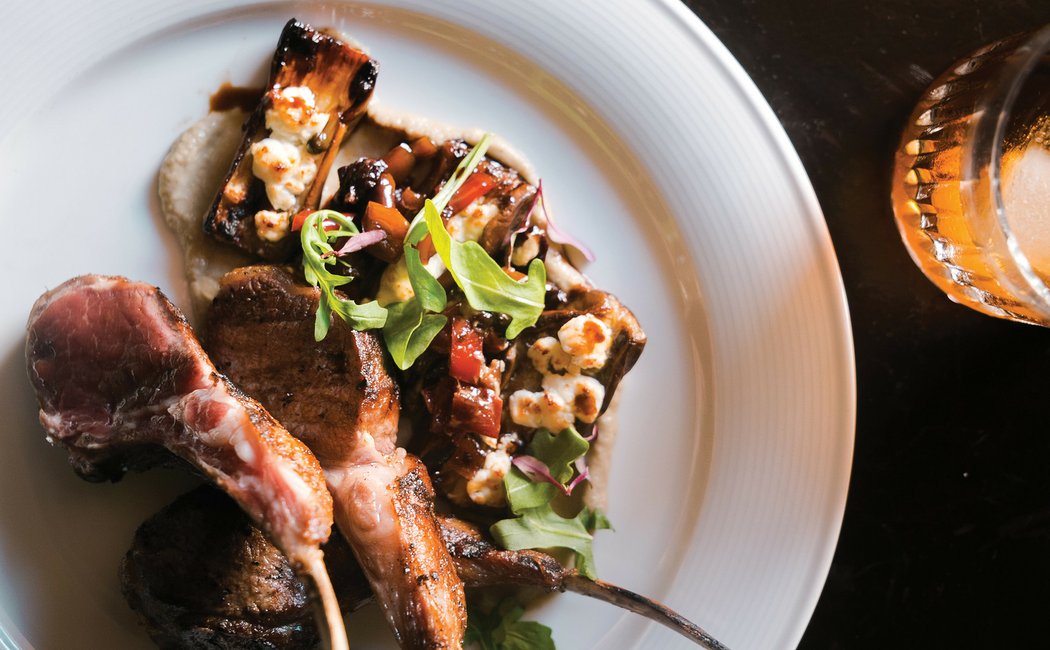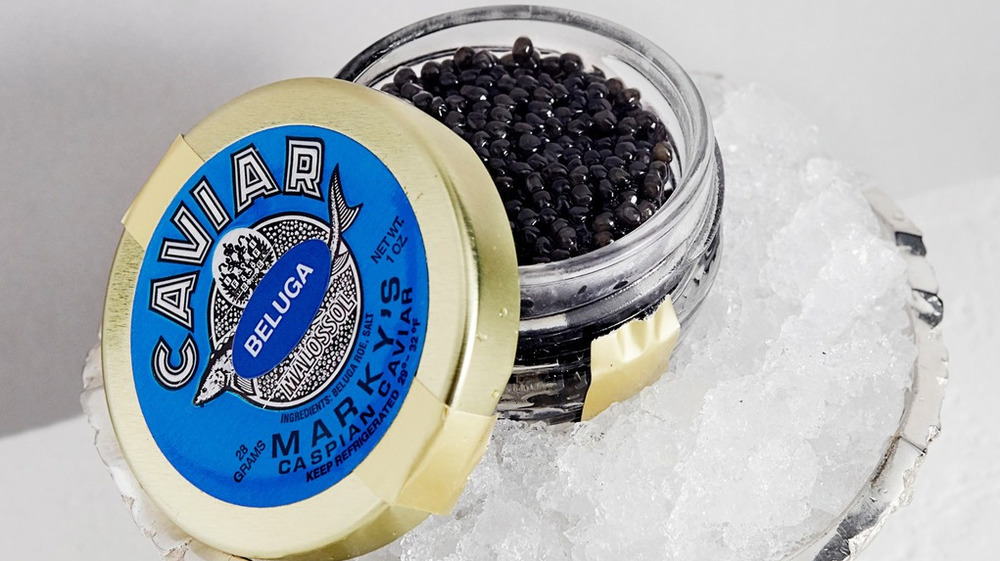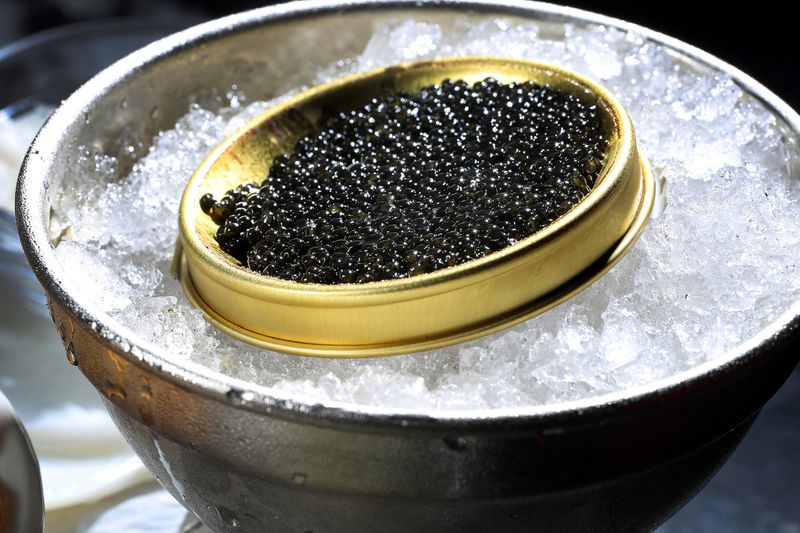Cheese and Vegetarianism: Navigating the World of Animal Rennet and Alternatives
With the growth in vegetarianism and veganism across the globe, more consumers are looking for alternative options for ingredients such as cheese. Though many people opt to simply avoid cheese as a part of their diet altogether, and thankfully there is no shortage of good vegan cheese options today, some vegetarians may still have an interest when it comes to enjoying traditional cheeses. In navigating this terrain, understanding what animal rennet is—as well as non-animal alternatives—can be helpful when determining if certain cheeses will work with their personal dietary requirements. At Marky's Caviar & Gourmet Foods we understand how important these factors may be when making food selections and that's why we're excited to share what we know about animal rennet and its various substitutions!
What is Rennet and Why is it Commonly Used in Cheese Production
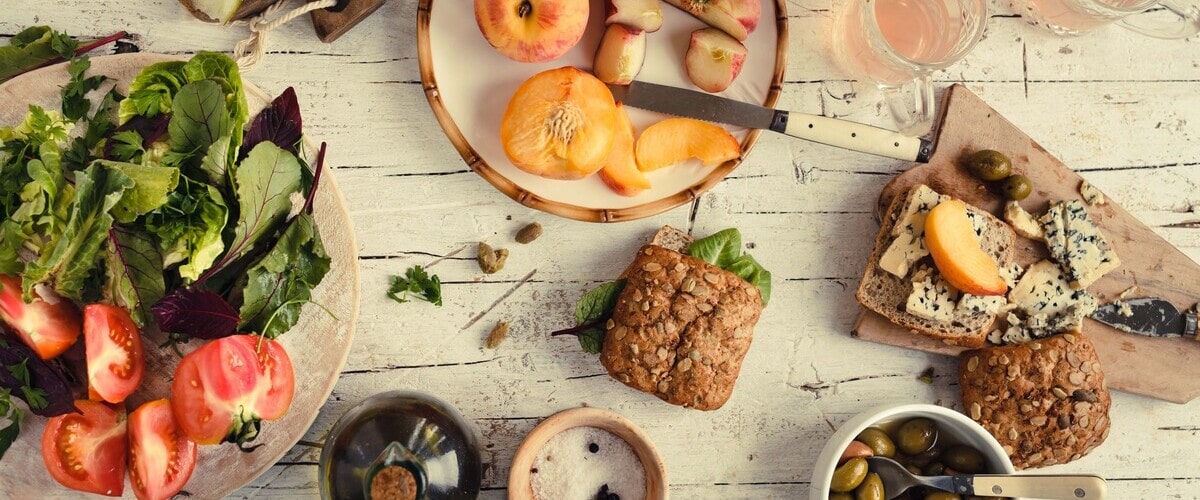
Have you ever wondered how cheese is made? Well, it turns out that rennet plays a big role in the cheese production process. Rennet is an enzyme that is commonly used in cheese making to coagulate the milk, separating the curds from the whey. Traditionally, rennet was extracted from the stomach lining of a calf, but nowadays there are plant-based and microbial options available for those who prefer a vegetarian or vegan diet. The use of rennet in cheese production dates back centuries and is still widely used today. The enzyme helps to create the texture and flavor that we all know and love in our favorite cheeses. So, the next time you enjoy a delicious cheese platter, you’ll know a little bit more about what goes into making those creamy and flavorful bites.
Exploring the Different Types of Animal Rennet Available

As someone who loves experimenting in the kitchen, exploring different types of animal rennet available has been a fun journey. For those who may not know, rennet is an enzyme used in cheese-making to coagulate the milk. Traditionally, it was sourced from the stomach lining of young ruminant animals like cows, goats, and sheep. However, with advancements in technology, other sources of rennet have become available. For example, microbial rennet is made from microbes, and vegetable rennet is sourced from plants like thistle and nettles. Each type of rennet gives cheese a unique flavor and texture. So, if you're a cheese lover, I highly recommend trying out the different types of animal rennet available to find your new favorite cheese.
Alternatives to Animal Rennet and How They Are Made
As a food blogger, I love discovering innovative and sustainable ways to create delicious dishes without causing harm to animals. One crucial aspect of ethical food production is finding alternatives to animal rennet, a key ingredient in many dairy products. Luckily, there are many plant-based and microbial rennet options available that not only taste just as good as traditional rennet but are also healthier and more environmentally friendly. Plant-based options like fig leaves, stinging nettle, and thistle can be easily harvested and used to coagulate milk, while microbial rennet is produced using fermentation techniques to create enzymes that break down milk proteins. It's exciting to see the growth of these alternatives in the food industry, and I can't wait to explore and incorporate them into my recipes.
Tips for Identifying Cheeses With Vegetarian-Friendly Ingredients
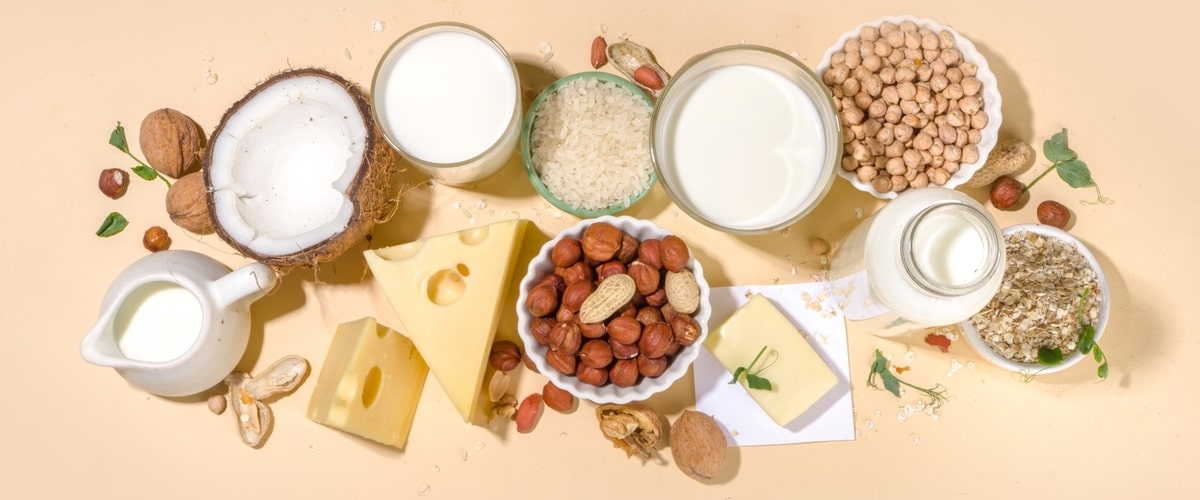
As a food blogger, I'm always on the hunt for delicious meals to share with my readers. But for those who adhere to a vegetarian diet, finding wholesome recipes that fit their palate can be a challenge. When it comes to cheese, many do not know that not all varieties are vegetarian-friendly. Some brands may contain hidden ingredients such as animal rennet, which is derived from the stomach lining of calves. To avoid this dilemma, here are some tips for identifying cheeses that use vegetarian-friendly ingredients. Simply look for labels that indicate the presence of microbial or vegetable-based rennet instead of animal rennet. Some popular cheese brands that use microbial rennet include Cabot, Tillamook, and Organic Valley. Choosing vegetarian-friendly cheeses is an easy way to enhance the flavor of your meals while sticking to your dietary preferences.
A Recipe for a Delicious Cheese Platter Using Only Vegetarian-Friendly Cheeses
Planning a cheese platter for your next gathering? Want to impress your vegetarian friends? Look no further than this recipe for a delicious cheese platter featuring only vegetarian-friendly cheeses! Start with a variety of textures and flavors, including a soft and creamy brie, a nutty aged cheddar, and a sharp blue cheese. Add some sweetness with honeycomb or fresh fruit, and crunch with crackers or toasted baguette slices. Don't forget to add your favorite herbs or spices for an extra burst of flavor. Whether you're hosting a fancy dinner party or just looking for a quick snack, this vegetarian cheese platter is sure to please any crowd.
In conclusion, Marky’s Caviar and Gourmet Food offers an impressive range of delicious cheeses made from vegetarian-friendly ingredients. With their selection of Rennet-free cheeses, vegetarians can enjoy cheeses like never before. By now you should understand the fundamentals of Rennet and why it is used in cheese production; the different types of animal rennet available; viable alternatives to animal rennet; how to identify vegetarian-friendly cheeses; and a recipe for a flavorful cheese platter using only vegetarian-friendly ingredients. With these tips and tricks, everyone can enjoy the flavor of cheese while still adhering to their dietary restrictions and ethical considerations. So if you're looking for sustainable cheeses without compromise on taste, look no further than Marky's Caviar and Gourmet Food!




